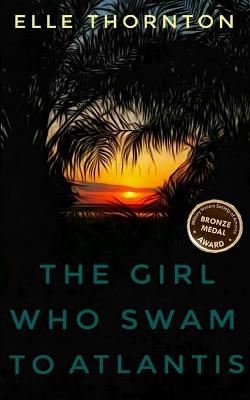
brokentune
Written on Nov 21, 2015
This one line perfectly describes the book.
I generally dislike YA, but this book is quite different from others I have read in the genre because it does not seek to make light of difficult topics and it does not pretend to have answers. In fact, it is very unpretentious in many ways. It's almost like the book was actually written with the purpose of telling a story to its readers, with the focus on imparting knowledge rather than on manipulating young readers with a gimmicky plot.
The Girl who Swam to Atlantis tells the story of Gebriella, aged 12, growing up in a Marine base in North Carolina. It's 1957 and Gabriella's world has been shaken up.
She returns home from boarding school to find her dad has moved into new quarters, her mum has gone, and while trying to make sense of it all, she inadvertently makes friends with a marine acting as a steward to the family.
The story is quite unusual in that it downplays the unusual friendship in favour of Gabriella's coming to terms with other aspects of life during the summer, like where has her mother gone and why did she leave? How can she persuade her father that she can look after herself and does not need to return to boarding school after the summer?
However, there is also another issue on her mind that has not left her since her history teacher mentioned it: the story of Emmett Till, who was murdered for (allegedly) whistling at the wife of white man in Mississippi in 1955.
The Girl who Swam to Atlantis tells history to a younger audience, and tells it well. It's story acknowledges that there are problems in this world that you cannot fix, some that take time, some that take determination, some that take guts. What is more, it tells a story which includes history that is not often mentioned in the story of the civil rights movement. It does not mention, Rosa Parks or Martin Luther King but introduces a story which is equally important but gets less media attention.
I genuinely loved this.
